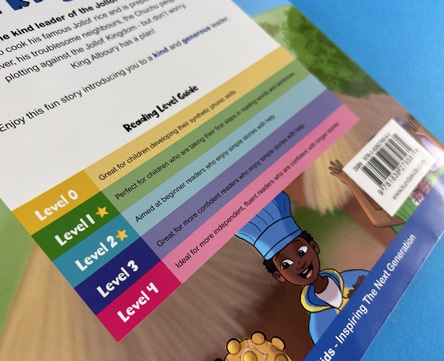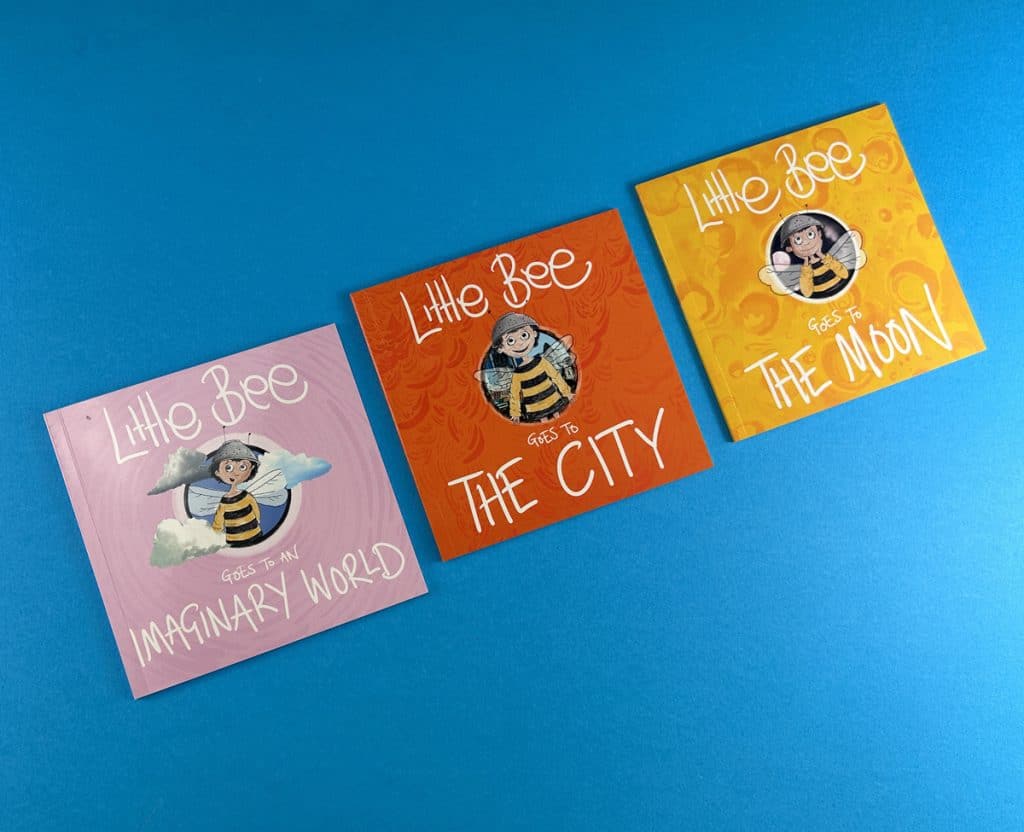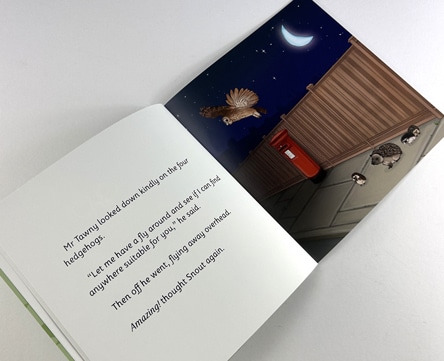
Phonics books are not just educational tools, but tickets to a world of imagination and wonder. As parents, there's nothing more exciting than seeing your child's eyes light up as they piece together sounds and form words. It's like watching the sunrise of literacy! To kickstart this journey, we offer you our school book printing services for personalised phonics books.
Take it from us, there's no place like home to establish a strong foundation in phonics. And it’s simple too! Bring home a selection of our custom phonics books, and voila - your living room is transformed into a vibrant learning space! Packed with engaging content, these books encourage active participation, reinforcing classroom learning in the comfort of your own home.

Wondering how to bring phonics into your daily routine? Well, it could be as simple as reading a book together before bedtime or having your child sound out the words on their favourite cereal box. And with our Project Builder, you can create an array of eye-catching phonics resources to facilitate your home reading programmes.

Phonics can be integrated into the classroom in a variety of delightful ways. Games, rhymes, and interactive activities are all fantastic methods to help children grasp phonetic concepts. And with our educational publishing solutions, we make it easy to create school book printing resources to complement these activities.
An integrated approach to phonics involves combining explicit instruction with engaging activities that promote literacy skills. This approach leverages the power of classroom resources and home reading programmes to provide children with a comprehensive learning experience.
Children's books, especially phonics books, are great tools for teaching phonics. Reading these books aloud, pointing out letter-sound relationships, and encouraging children to sound out words are all effective techniques.
Integration in reading could be using phonics books to teach letter-sound relationships while also enhancing vocabulary, reading fluency, and comprehension skills. This holistic approach can significantly boost a child’s literacy development.
A phonics lesson generally involves four key stages: Reviewing previously learned concepts, introducing new phonics elements, practising the new concepts through reading and writing activities.
